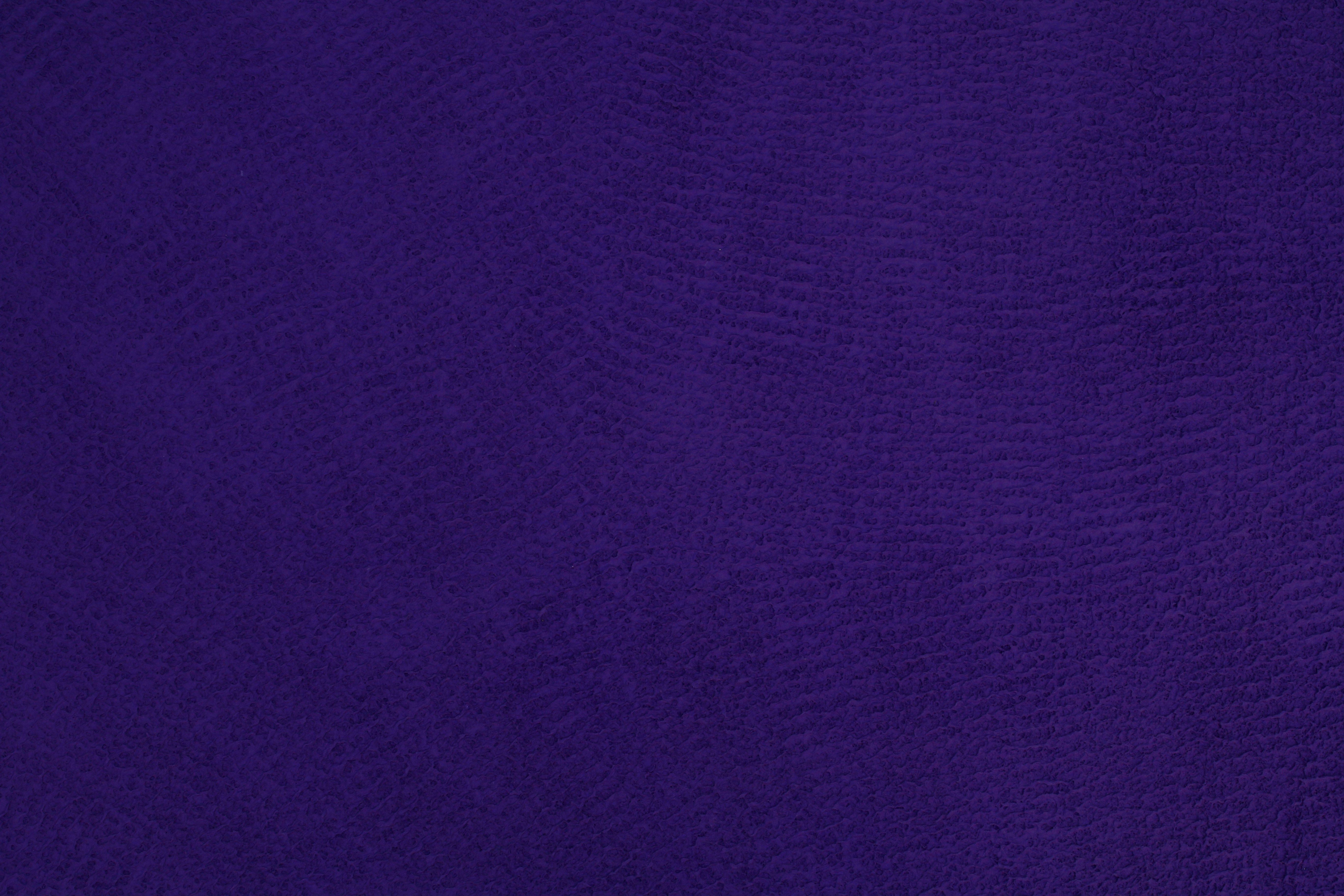Adjusting Sleep Rhythms with Nootropics: Can Intelligent Medications Align an Irregular Sleep Pattern for Night Owls?
Night Owls May Find Relief in Nootropics to Adjust Sleep Patterns and Boost Alertness
As millions of night owls around the world struggle to conform to conventional sleep schedules, questions about solutions to alleviate the dilemma continue to surface. With the rise of nootropics, often referred to as 'smart drugs', some believe they may offer a remedy for late-night enthusiasts seeking to optimize their cognitive performance and synchronize their sleep-wake cycles.
Nootropics are substances that promote cognitive functions, such as memory, creativity, motivation, and concentration, in healthy individuals. While some nootropics are naturally occurring, like caffeine and ginkgo biloba, others are synthetically produced to bolster brain health. Their popularity has surged among students, professionals, and individuals striving to gain a mental edge.
But can nootropics help night owls realign their sleep patterns? Research suggests that they can potentially offer some solace, particularly in enhancing daytime alertness and improving sleep quality.
The struggle faced by night owls lies in a misaligned sleep schedule, where their internal clocks thrive during late hours rather than the morning. This discrepancy can result in sleep deprivation, mood swings, and decreased cognitive performance during the day.
Nootropics such as caffeine, known for its potent central nervous system stimulating properties, can help keep night owls awake during the day, easing the early morning burdens. Melatonin, a nootropic supplement that regulates sleep patterns, can aid the body in signaling sleep times, potentially assisting night owls in rescheduling their habits.
Adaptogens like Rhodiola Rosea can alleviate mental fatigue and enhance concentration, proving beneficial for those who require peak cognitive performance late into the night.
While nootropics show promise in these areas, it is essential to consider potential side effects and ensure their use complements a healthy lifestyle. Depending on the type of nootropic, effects can range from mild headaches to more severe symptoms such as increased heart rate or anxiety.
Lifestyle adjustments, including consistent sleep routines, reduced screen time before bed, and a balanced diet, can fortify the impact of nootropics and result in more sustainable outcomes.
In the event that sleep issues prove challenging, it is crucial to consult a healthcare professional as sleep disorders may require more than self-medication with nootropics.
The nootropics landscape is transforming continuously, with innovations on the horizon. As scholars delve deeper into the mysteries of cognition and sleep regulation, novel compounds and strategies are likely to emerge, potentially leading to personalized nootropic solutions tailored to individual genetic profiles and lifestyle requirements.
Technology also plays a pivotal role in aiding individuals in managing their sleep schedules. Wearable sleep trackers, apps, and other smart devices provide valuable insights into sleep patterns and offer tools for optimizing sleep quality. Integrating technology and nootropics may create more effective strategies for sleep and productivity.
Ultimately, a symbiotic relationship between nootropics, lifestyle adjustments, and technology can help night owls find an equilibrium between their biology and societal expectations, offering the potential for a well-rounded, productive, and comfortable life. However, always consult with a medical professional before beginning any new supplement regimen.
- Night owls are seeking solutions for optimizing their cognitive performance and synchronizing sleep-wake cycles, with some turning to nootropics.
- Nootropics, often called 'smart drugs', promote cognitive functions like memory, creativity, motivation, and concentration.
- While some nootropics are naturally occurring, like caffeine and ginkgo biloba, others are synthetically produced to enhance brain health.
- Nootropics like caffeine can help night owls stay alert during the day, easing the early morning burdens.
- Melatonin, a nootropic supplement, can signal sleep times, potentially helping night owls reschedule their habits.
- Adaptogens such as Rhodiola Rosea can alleviate mental fatigue and enhance concentration for peak cognitive performance late at night.
- However, potential side effects of nootropics should be carefully considered and their use should complement a healthy lifestyle.
- Lifestyle adjustments like consistent sleep routines, reduced screen time before bed, and a balanced diet can fortify the impact of nootropics.
- It's crucial for individuals experiencing sleep issues to consult a healthcare professional as sleep disorders may require more than self-medication with nootropics.
- The nootropics landscape is evolving, with potential for personalized nootropic solutions tailored to individual genetic profiles and lifestyle requirements.
- Technology, like wearable sleep trackers, apps, and smart devices, can provide insights into sleep patterns and offer tools for optimizing sleep quality.
- Integrating technology and nootropics may create more effective strategies for sleep and productivity.
- A balanced approach that incorporates nootropics, lifestyle adjustments, and technology can help night owls find equilibrium, offering potential for a comfortable, productive, and well-rounded life, but always consult with a medical professional before starting any new supplement regimen.




